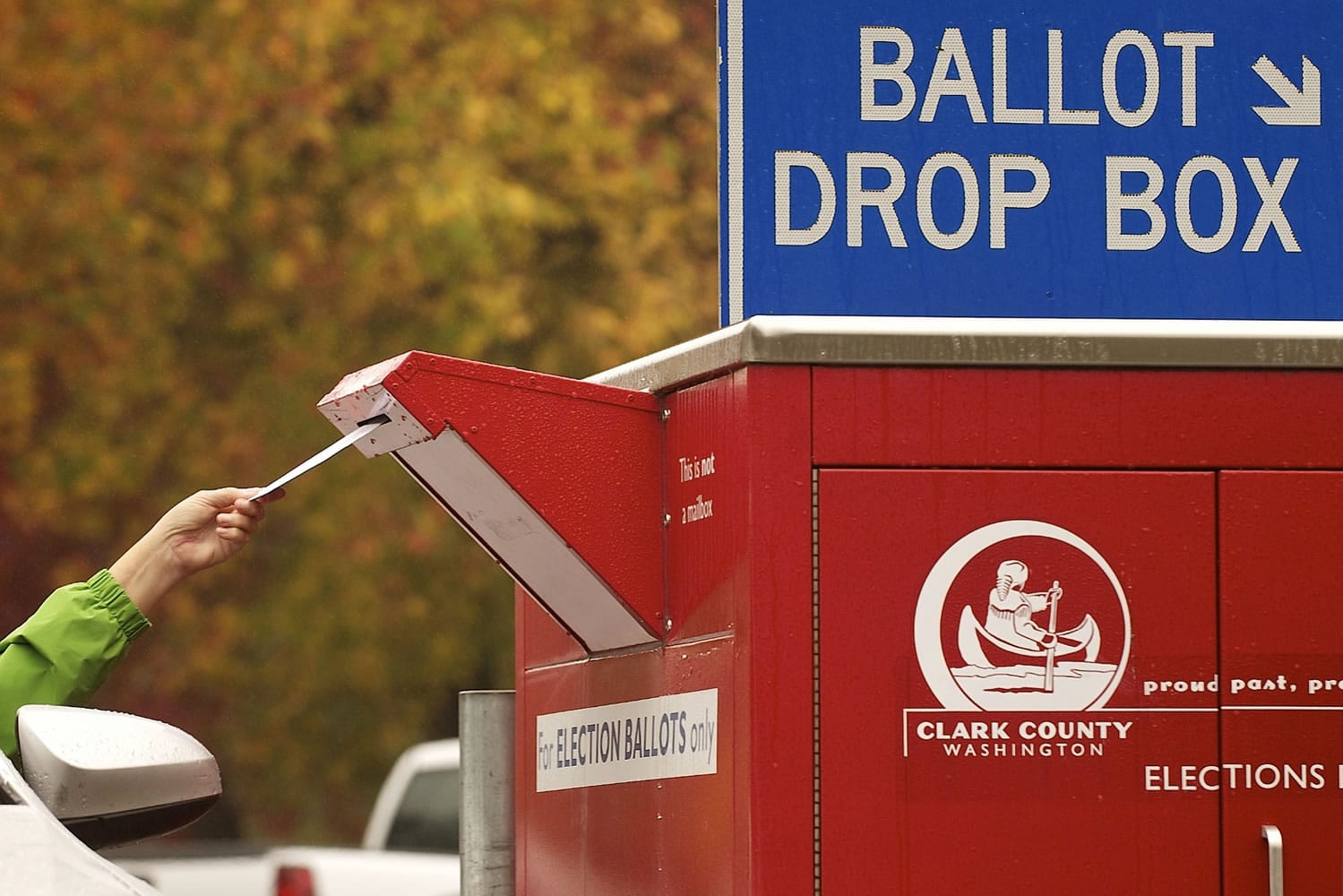In the wake of Tuesday’s election, Clark County’s political leadership is as conservative as it’s ever been, with Republicans picking up seats formerly held by Democrats.
Across the nation and in Southwest Washington, the Republican strategy worked. That was evident in Clark County, where Republicans outnumber Democrats and worked hard to get out the vote.
They micro-targeted voters and then made sure to get their message across.
“Republicans got better at their ground game this election,” said Carolyn Long, a political scientist at WSU Vancouver. Three examples:
• Republican state House candidate Lynda Wilson, the former county GOP chairwoman, beat incumbent Rep. Monica Stonier, D-Vancouver, in what was seen as a “swing” district in east Vancouver.



